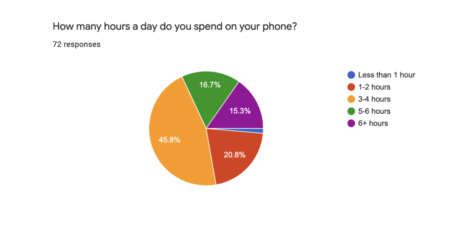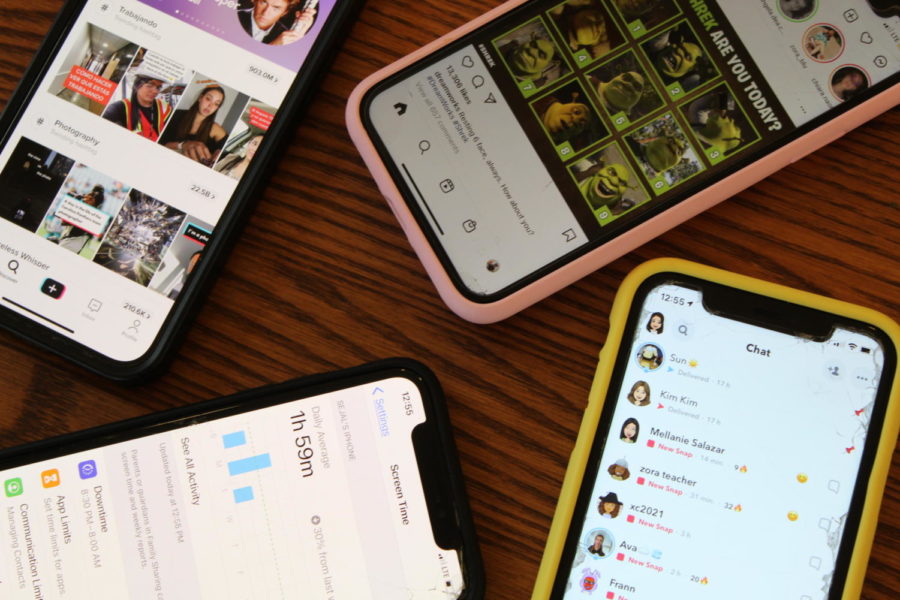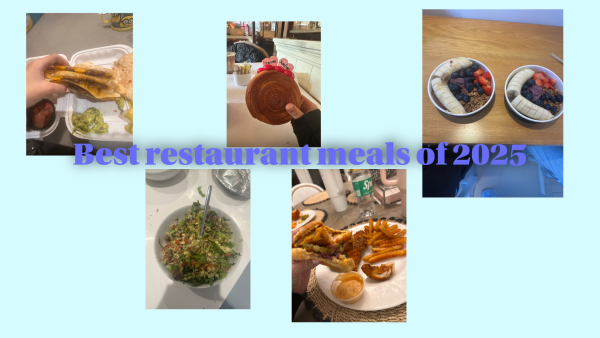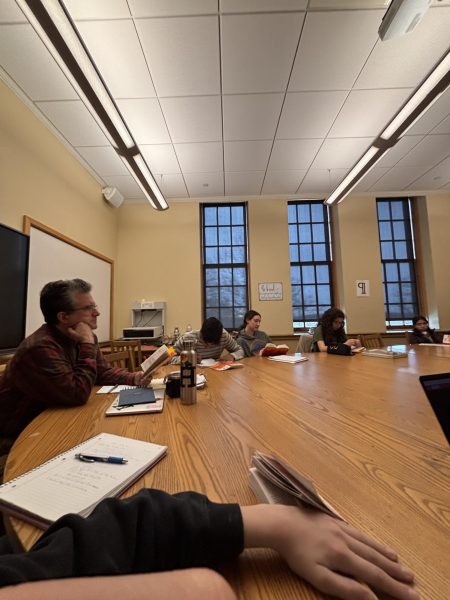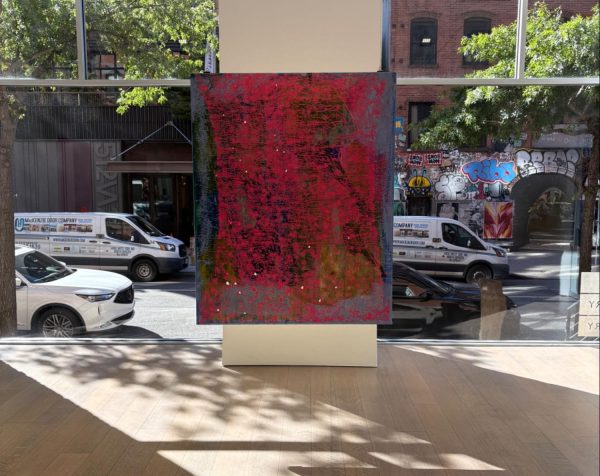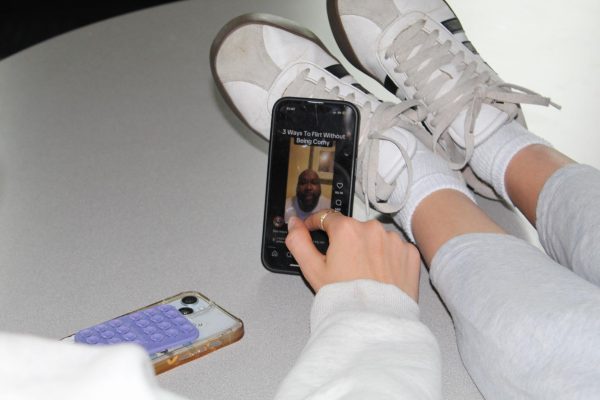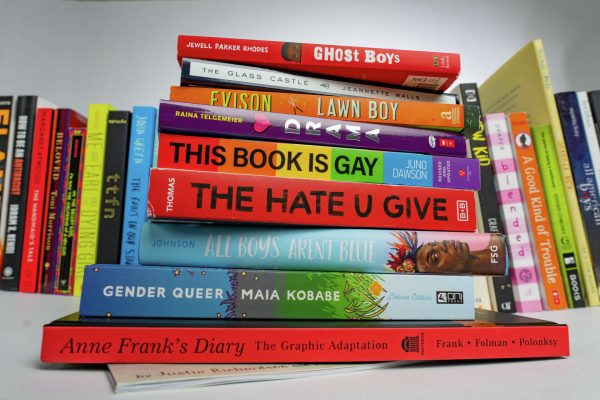The Impact of Social Media on Students
Photo credit: Sejal Virk
Students’ social media use negatively affects their productivity and sleep. Of many social media platforms, 45% of students reported TikTok to be the most addictive. TikTok’s For You Page puts videos based on a person’s interests as they are defined by the videos they enjoy watching. As a result, users become addicted because it keeps the videos intriguing for the person watching. If a person likes a video, they are more likely to get videos on their feed similar to that video. This allows the app to know which types of videos a person is not interested in, making the app customizable. When a user is on the app, they can get sucked into the For You Page and lose track of time instead of using it to solve their problems.
100% of 72 students reported having a cellphone and about 75% of them use their phones before bed. This is harmful, especially towards students, because it negatively affects the sleep cycle. Screens on devices such as phones, tablets, and computers contain blue light, which is the part of the visible light spectrum that contains the highest energy (All About Spectrum). Blue light keeps people awake and aware at night, causing students to run on less sleep throughout the day. This can affect a student’s productivity at school because sleep is one of the best ways to maintain focus and concentration.
While TikTok can be very time-consuming for students, there are also positive aspects of the platform that have given many content creators and influencers the opportunity to succeed financially and support their families. Through the app, a person is able to make money from their videos and live streams. In addition, many are paid to promote products on their accounts. As a result, those who succeed often quit their jobs because TikTok becomes their primary source of income.
